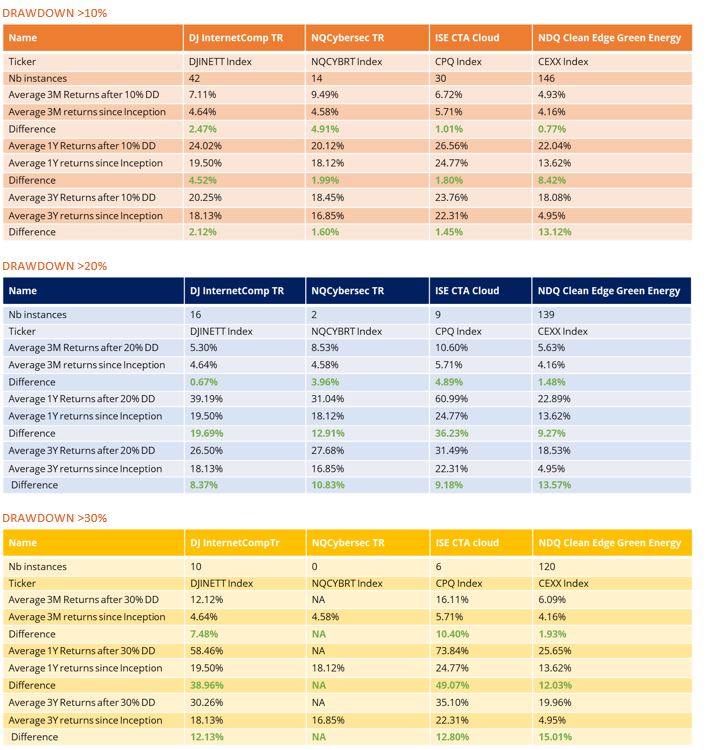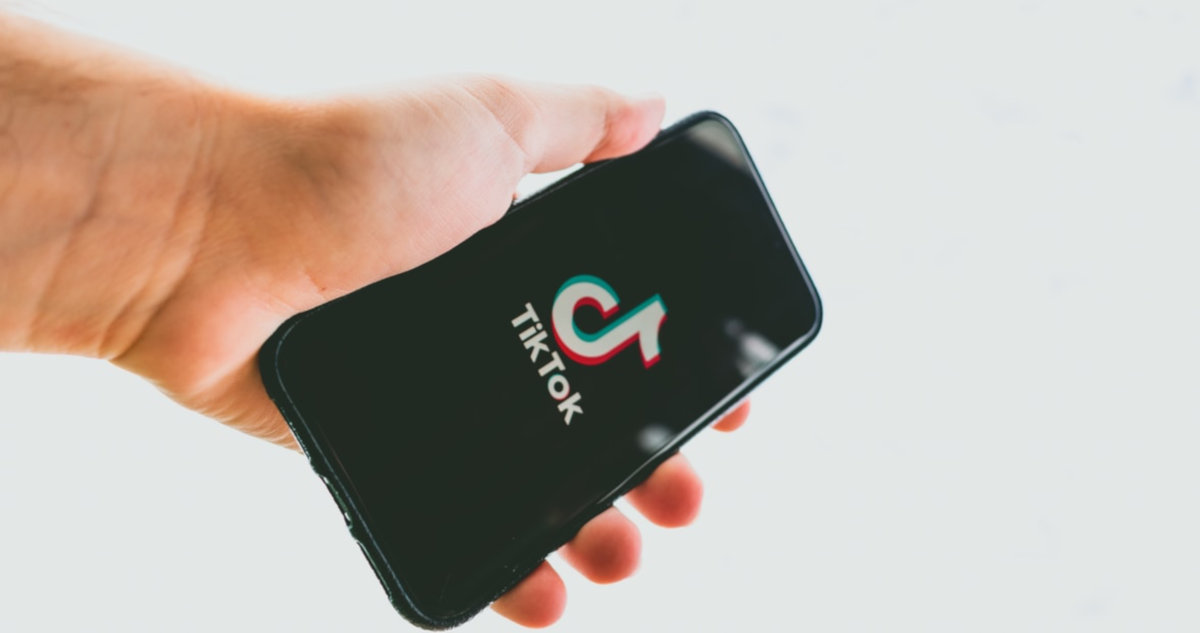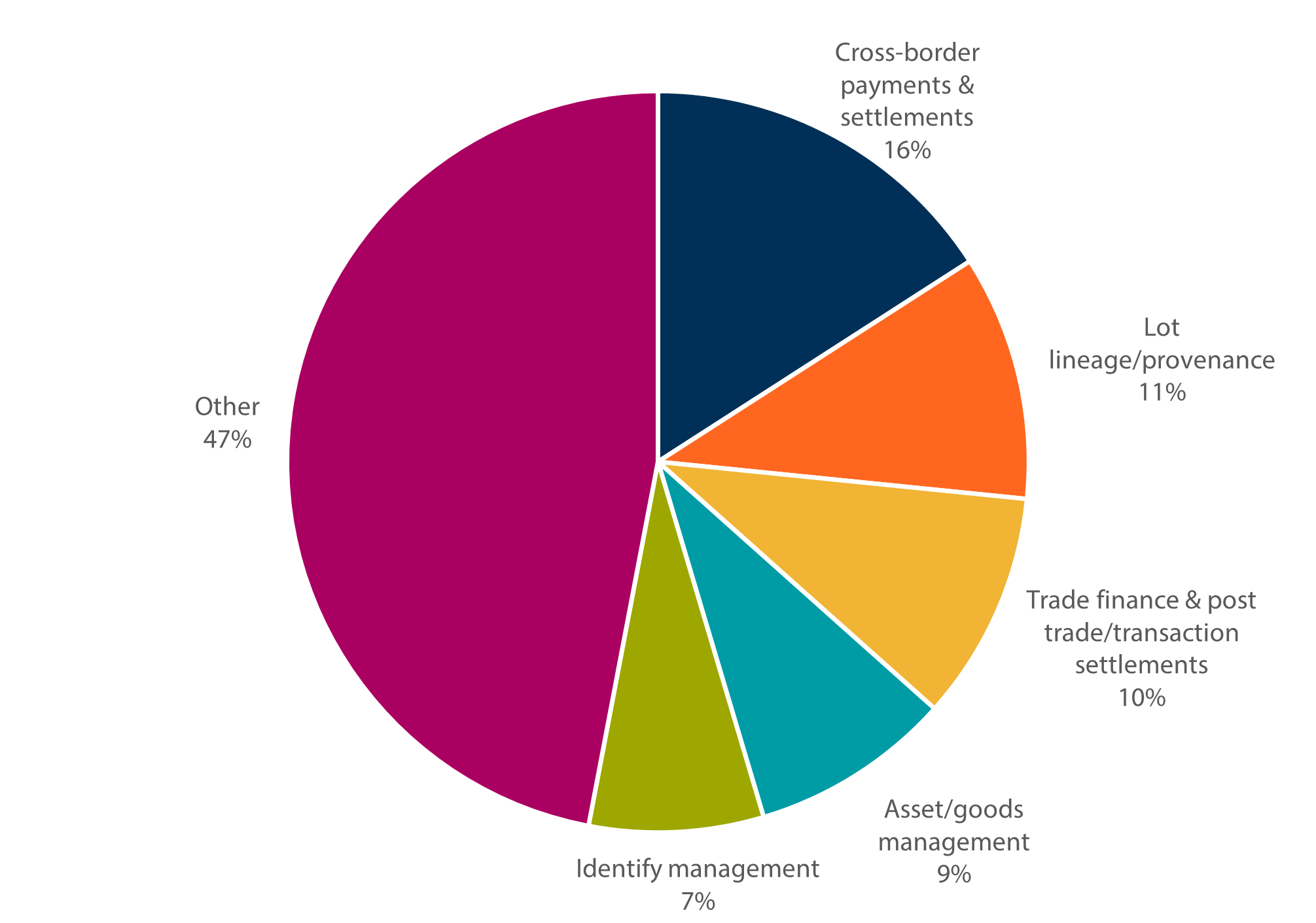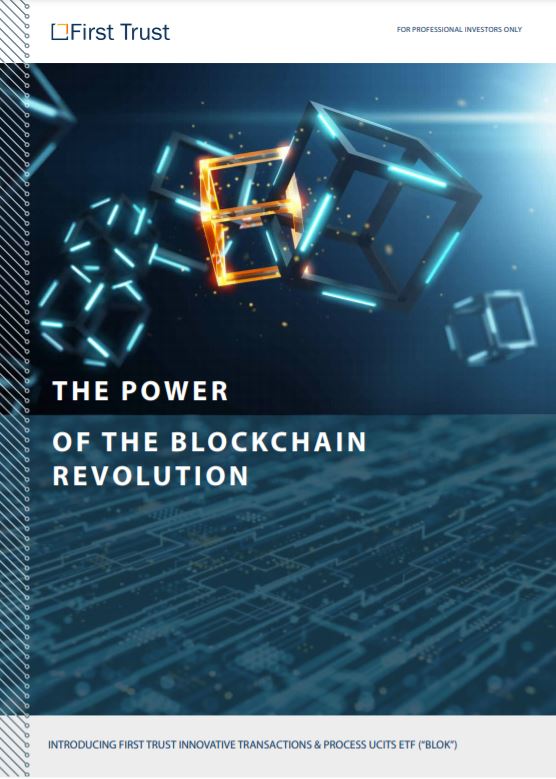“The case for digital transformation has never been more urgent or clearer. Digital technology is a deflationary force in an inflationary economy.”
Satya Nadella
Key takeaways
- Blockchain not Bitcoin: away from the glare of the cryptocurrency spotlight, blockchain is saving some of the world's biggest companies billions each year
- Blockchain is revolutionising the way businesses are run. Industry runs on information. The quicker it is received and the more accurate it is, the better.
- Discover how Goldman Sachs, JP Morgan, Oracle, Boeing, and others are already at the forefront of blockchain innovation
Tom Farley, Former President of the New York Stock Exchange
The concept of blockchain technology has become synonymous with cryptocurrencies, so much so that when people hear the word ‘blockchain’ they are likely to think of countless cryptocurrencies, crypto traders, miners, speculation, headlines, and even some controversies. However, away from the glare of the cryptocurrency spotlight, blockchain technology is enabling innovation, saving some of the world's biggest companies billions of dollars each year.
Blockchain not Bitcoin
Let’s start by clearing up a common misconception: blockchain is not bitcoin. In reality blockchain technology enables the creation and maintenance of decentralised digital ledger systems, while cryptocurrency is a type of digital or virtual currency that is built on top of blockchain technology. Many cryptocurrencies – including Bitcoin – flow on top of blockchain technology. However, although blockchain technology is leveraged by cryptocurrencies, its use cases extend far beyond this. Blockchain not only has the potential to disrupt industries, it is already doing so.
So what actually is Blockchain?
A blockchain is often described as a “distributed ledger” meaning it exists on a secure protocol where a network of computers initially verify transactions. The actual technology that underpins the blockchain builds trust by enabling collaboration and secure verification without having to go through a centralised authority. In essence, blockchain is a shared, immutable, programmable ledger that no single user controls; this transparency facilitates the process of recording transactions and tracing assets in a corporate network. Practically anything can be tracked and traded on a blockchain network, reducing costs and mitigating risk for everyone who participates.
Who is driving the blockchain?
As a decentralised and secure method of recording transactions, blockchain has the ability to streamline processes and eliminate the need for intermediaries. Blockchain ushers in a new era of distributed trust – potentially revolutionising the way businesses are run. Industry runs on information. The quicker it is received and the more accurate it is, the better.







Share